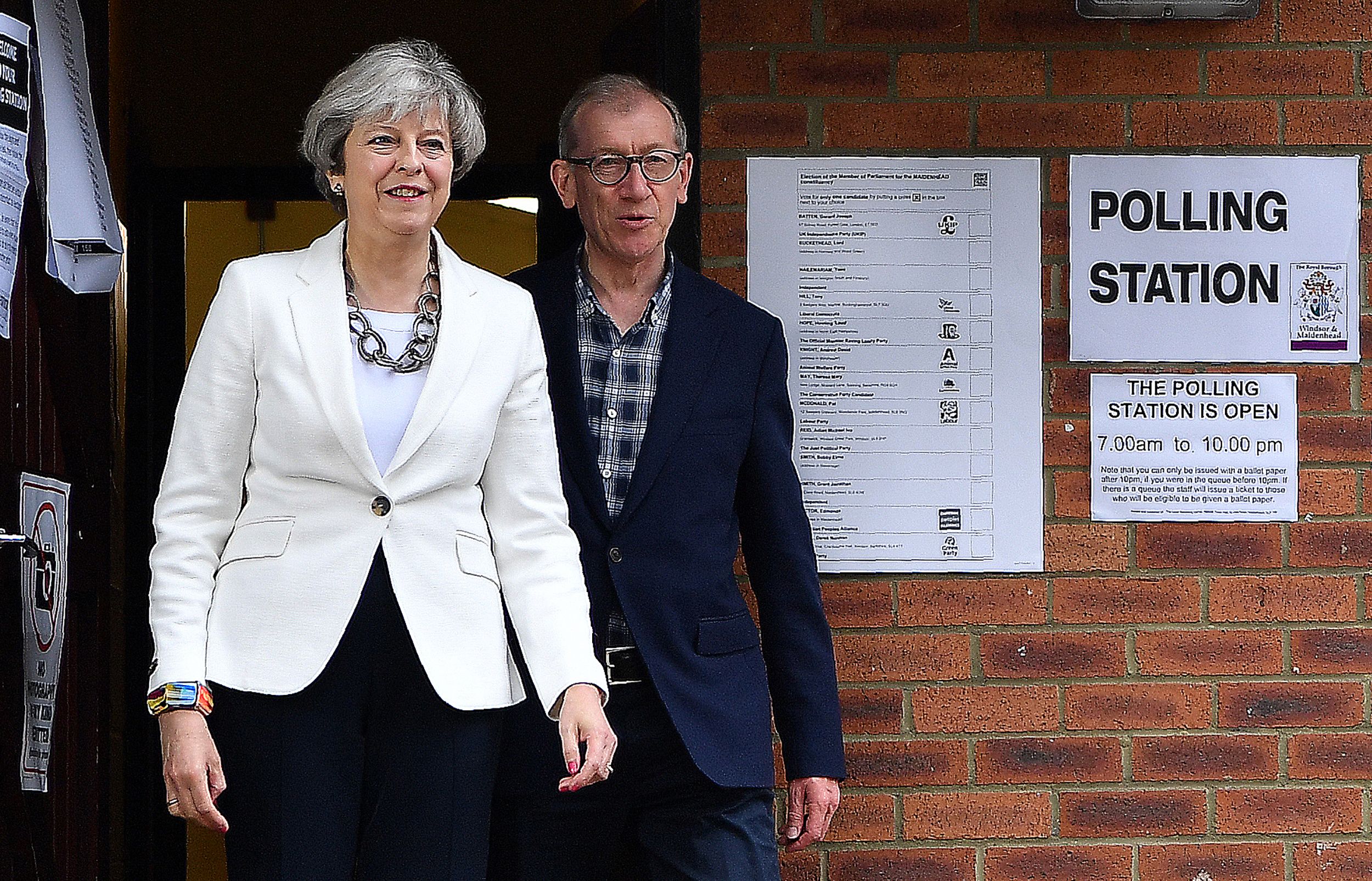Government plans to introduce voter ID 'falling apart' as councils pull out of scheme
'Local councils are under huge budget and staffing pressures – the last thing they need is their election clerks to become glorified bouncers'

Your support helps us to tell the story
From reproductive rights to climate change to Big Tech, The Independent is on the ground when the story is developing. Whether it's investigating the financials of Elon Musk's pro-Trump PAC or producing our latest documentary, 'The A Word', which shines a light on the American women fighting for reproductive rights, we know how important it is to parse out the facts from the messaging.
At such a critical moment in US history, we need reporters on the ground. Your donation allows us to keep sending journalists to speak to both sides of the story.
The Independent is trusted by Americans across the entire political spectrum. And unlike many other quality news outlets, we choose not to lock Americans out of our reporting and analysis with paywalls. We believe quality journalism should be available to everyone, paid for by those who can afford it.
Your support makes all the difference.Ministers' plans to introduce voter ID nationwide in elections are "falling apart" as three councils set to be involved in a major pilot have pulled out of the scheme, The Independent can reveal.
Citing time pressures and the "volume of work" involved in participating in the trials, the decision of the councils will raise questions over the feasibility of voter ID – already the subject of a legal challenge in the High Court.
Labour said the decision of the three out of 11 councils set to participate in the pilot at May's local elections demonstrated the "shambolic" handling of the "undemocratic" proposals.
The first set of trials took place in the 2018 local elections in five English boroughs and research from the Electoral Commission found 1,036 people were turned away due to incorrect identification.
East Staffordshire and Ribble Valley councils have now said they would not be participating in the 2019 round due to the scale of work involved; while Peterborough city council aired similar concerns, adding that uncertainty over the jailed MP Fiona Onasanya also complicates issues.
A spokesperson for Ribble Valley said: "Our returning officer believed the administration of the voter ID pilot on top of local government boundary changes would have been too resource intensive and could not have been carried out without potentially impacting the smooth running of the elections."
Peterborough city council added: "We have spoken to the cabinet office and due to the uncertainty surrounding the sentencing of the Peterborough MP, and the volume of work that this may entail, we have agreed with the cabinet office to withdraw from the pilot scheme in 2019."
It comes as a legal challenge against ministers' plans to rollout voter ID nationwide is set to be heard in the High Court next month after a judicial review was brought by 64-year-old Neil Coughlan earlier this year.
Rolling out the policy across the UK for a general election, according to an official cabinet office document, is estimated to range between £4.3m and £20.4m for three different models of voter ID.
Darren Hughes, the chief executive of the Electoral Reform Society (ERS), said the government's plans to rollout voter ID were "falling apart by the day".
"Rather than denying without ID the right to vote, the government should be improving democratic engagement," he said.
"Now it looks like overstretched councils are becoming less keen on aiding this project and are rightly stepping back. Local councils are under huge budget and staffing pressures – the last thing they need is their election clerks to become glorified bouncers.
"Returning officers would rather be focusing on expanding democratic engagement and getting more residents registered to vote than imposing this costly undemocratic policy.
"It's encouraging to see councils stepping back and doing the right thing. Now the government should put down the US's dangerous voter suppression playbook, and start reforming Westminster's creaking institutions instead."
Labour's Cat Smith, the shadow minister for voter engagement, told The Independent: "The government's handling of these undemocratic voter ID trials has been totally shambolic."
"After the fiasco we saw at last year's local elections, with hundreds of legitimate voters turned away from polling stations, it's a disgrace that the Tories are ploughing on with these proposals," she said.
"The Tories' campaign to introduce voter ID should be called out for what it really is: a shocking attempt to limit democracy by reducing the number of people who can vote."
A cabinet office spokesperson added: "Voters deserve to have confidence that our elections are secure and protected from electoral fraud. Showing ID is a reasonable approach and something that people do everyday when they pick up a parcel from the post office, rent a car, or take out a library book."
Join our commenting forum
Join thought-provoking conversations, follow other Independent readers and see their replies
Comments